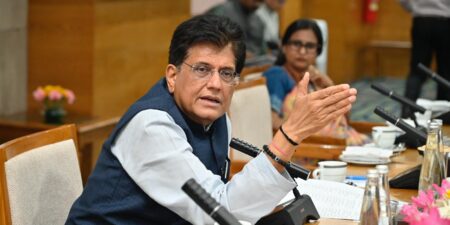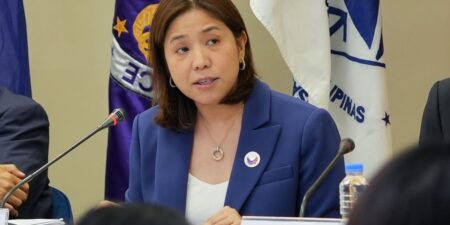
Budget 2025 – “When Singapore Thrives, Every Citizen Benefits”

Insights & News


India Tariff Tracker | July 1, 2025
The BGA India team, led by Managing Director Anuj Gupta, wrote an update to clients …

Thailand’s Worsening Political Crisis and Prospect
BGA Senior Adviser Dr. Thitinan Pongsudhirak wrote an update to clients on Thailand’s heightened political …

Philippines Revises Growth Targets Amid Global and Domestic Developments
Context Significance Implications We will continue to keep you updated on developments in the Philippines …
At BowerGroupAsia, we are committed to
delivering result-oriented solutions for our clients
We have proven track record of helping the world’s top companies seize opportunities and manage challenges across the dynamic Indo-Pacific region.




















